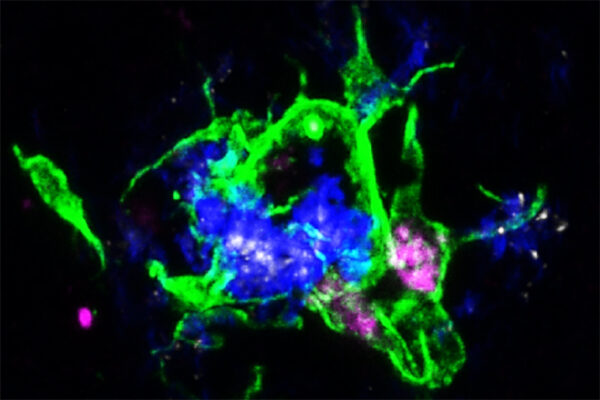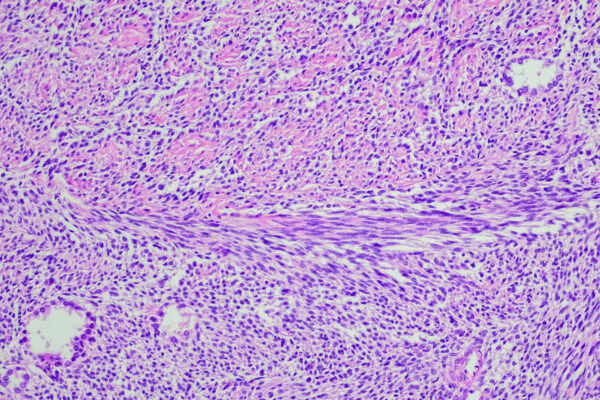Immunotherapy for Alzheimer’s disease shows promise in mouse study
Researchers at Washington University School of Medicine in St. Louis have found a different and promising way to remove amyloid beta plaques in the brain: by directly mobilizing immune cells to consume them. The study was published in Science Translational Medicine.
Student Union endows fund to support student leaders
In an effort to support and celebrate student leaders, Student Union, Washington University in St. Louis’ student government, has established a $2 million endowed fund for the Student Union Leadership Award.
How does a person’s mobility affect cardiovascular health?
A clinical trial led by researchers at Washington University School of Medicine in St. Louis is aimed at defining how exercise affects cardiovascular health in people who use wheelchairs.
The hidden river
The Mississippi River defines St. Louis, shaping its life and culture. But today, for many St. Louisans, that connection has been broken, says Derek Hoeferlin, chair of landscape architecture in the Sam Fox School of Design & Visual Arts at Washington University in St. Louis.
‘In St. Louis, For St. Louis’ initiative expands with new spaces for regional collaboration
Washington University is expanding its “In St. Louis, For St. Louis” initiative with a new office and virtual front door.
Age: an overlooked factor in higher education DEI initiatives
As universities around the world strive to cultivate diverse and equitable communities, a recent study from the Brown School at Washington University in St. Louis highlights the necessity of recognizing age as a fundamental dimension of diversity.
WashU Dance Collective to perform
The Washington University Dance Collective, the resident dance company of the Performing Arts Department in Arts & Sciences, will present “Glimmers,” an evening of new and original choreography, April 5 and 6 in Edison Theatre.
Combining multiple meds into a single pill reduces cardiovascular deaths
New research at the School of Medicine bolsters previous findings that “polypills” — single pills that combine medications that target cardiovascular disease-related conditions — are beneficial in preventing heart attacks and strokes and reducing deaths. As a result of the study, the World Health Organization has added such polypills to its most recent Model List of Essential Medicines.
Largest ice shelf in Antarctica lurches forward once or twice each day
A conveyer belt of ice jostles the entire Ross Ice Shelf out of place at least once daily, according to new research from Washington University in St. Louis.
Some sarcoma patients improve with T cell immunotherapy
A clinical trial led by School of Medicine researchers has shown that a T cell immunotherapy — in which the patients’ own T cells are genetically modified to attack and kill cancer cells — is effective in treating some patients with rare cancers of the body’s soft tissues. The study focused on the rare cancers synovial sarcoma and myxoid round cell liposarcoma.
View More Stories









